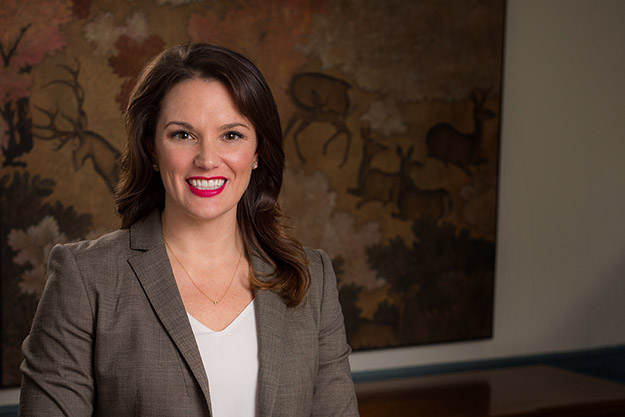Article
Resources
Article
DOL Proposes New Rules for Home Health Care Service Providers
Home Care Service providers may need to review how they pay many of their employees as a long-standing overtime exemption is slated to be eliminated by the Department of Labor (“DOL”). The DOL has published a Notice of Proposed Rulemaking to revise the regulations pertaining to companionship and live-in domestic workers, with a 60-day public comment period set to close in the near future. If the new regulations are implemented, they would eliminate the availability of the companionship exemption for third-party employers providing home health care.
History and Background
Under the Fair Labor Standards Act (“FLSA” or the “Act”), an employer is required to pay overtime pay to an employee who works in excess of 40 hours in a workweek unless that employee is exempt under the Act. In 1974, Congress extended these protections to domestic service workers, which included, for example, those employed as cooks, butlers, valets, maids, housekeepers, governesses, janitors, laundresses, caretakers, handymen, gardeners and family chauffeurs. Senate Report No. 93-690, 93rd Cong., 2d Sess. p. 20 (1974).
Simultaneously, Congress enacted what is commonly referred to as the “companionship exemption,” which exempted from the Act’s minimum wage and overtime pay requirements those persons:
29 U.S.C. § 213(a)(15). Congress delegated to the Secretary of Labor the task of determining what functions an exempt companion could perform. In 1975, the Secretary of Labor published regulations, which have remained unchanged through the present.
Since the adoption of the exemption, the need for companionship services in the United States has grown dramatically. According to the DOL, individuals are providing services that were not envisioned by the 1975 regulations and revisions are needed to account for the changes in home health care in the past 30 years.
The Proposed Changes
The proposed changes to the companionship exemption would result in significant limitations on the application of the companionship exemption. The major changes under the proposed regulations include:
The new regulation would delete some of the outdated occupations on the list such as governesses, footmen and grooms, and would add modern day occupations such as nannies, home health aides and personal care aides. Additionally, the regulation would add babysitters and companions to the list despite the fact workers in these occupations may still be exempt. In addition, the DOL has proposed changes to the wording of the statute that would broaden the definition for “domestic service employment.”
2. Revising the definition of “companionship services” as defined in 29 C.F.R. § 552.6
The new regulation would divide § 552.6 into four subparts:
This definition removes the word “care” from the definition of “companionship services”. The goal is to limit the scope of activities that qualify as “companionship services”. Examples of activities that would constitute “fellowship” and “protection” include playing cards, watching television together, visiting with friends and neighbors, taking walks or engaging in hobbies.
b. Subsection (b) explains that “companionship services” includes intimate personal care services that are incidental to activities of fellowship and protection. However, these incidental activities may not exceed 20% of the total hours worked in a workweek.
Permissible incidental services include occasional assistance with dressing, grooming, toileting, transportation, laundry, bathing and food preparation. Tasks such as vacuuming, washing windows and dusting are not considered “incidental”.
c. Subsection (c) would make clear that work benefiting other members of the household would not be considered “incidental”.
d. Subsection (d) excludes from the definition of “companionship services” medical care typically provided by someone with specialized training such as a registered or licensed nurse.
Tasks that would be considered medical care include medication management, taking vital signs, routine foot, skin and back care, and assistance with physical therapy.
3. Explicitly prohibiting third party employers from asserting the exemption.
Under the current regulation, those employed by a third-party employer or agency may be subject to the companionship exemption. The proposed regulation would eliminate the exception for third-party employers.
Impact on Employers
The most significant impact will be on third-party employers providing home health care services as they would no longer be entitled to assert the companionship exemption. Figures estimate that somewhere between 1.5 and 2 million workers employed by third-party employers would be affected.
Any employer engaged in the business of home health care should review its current policies and practices. Employers should review the status of currently “exempt” employees to determine whether they would remain exempt under the new regulations. Additionally, an employer should review its current wage rates to determine whether non-exempt employees are being paid minimum wage.
In a related note, we will also be keeping apprised of the status of a bill introduced on September 23, 2011, and sponsored by Rep. Lee Terry (R-Neb), titled “Companionship Exemption Protection Act.” The bill would amend the FLSA to preserve the companionship services exemption for third-party employers. The bill was referred to the Committee on Workforce Protections where it currently remains.


